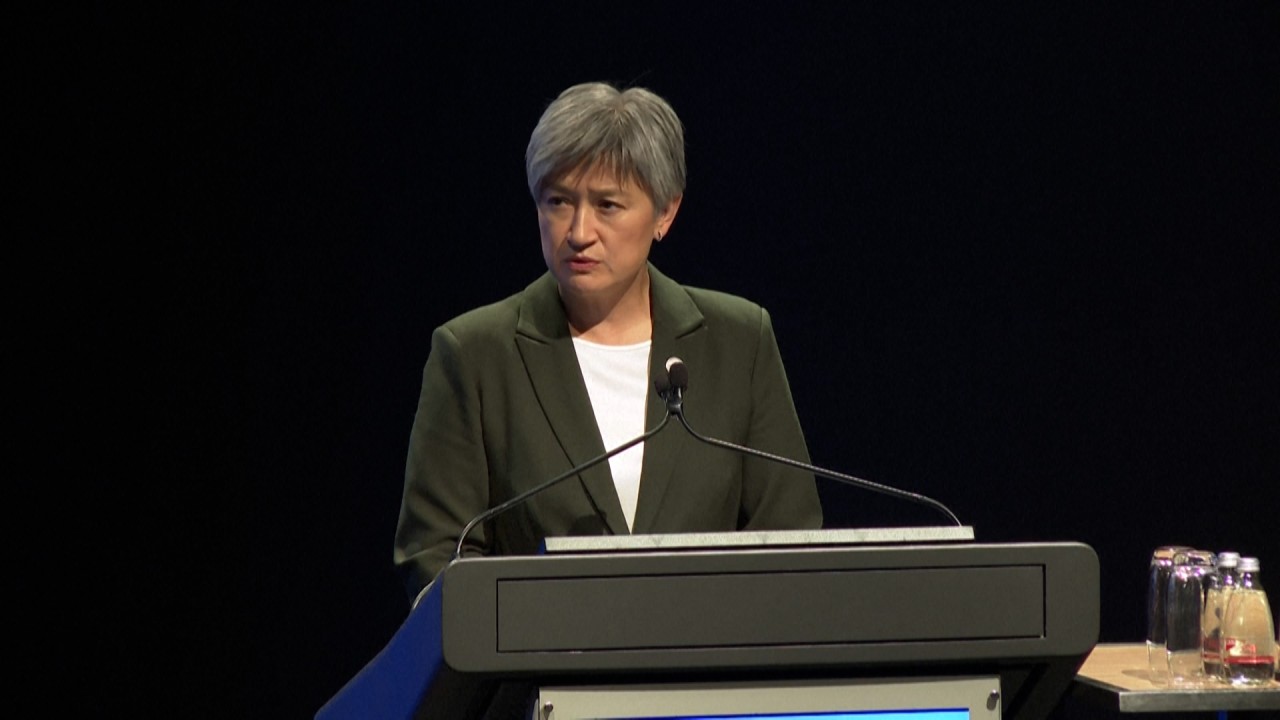
Australia ‘buying US hegemony’ in region, ex-PM Paul Keating says as he slams nation’s China policy
- Keating said the Asean-Australia summit showed countries in the region were not doing Washington’s bidding to contain Beijing
- Southeast Asian nations typically avoid a zero-sum position between superpowers US and China, analysts say, despite growing Chinese influence in the region
His blistering statement on Tuesday focused attention on Asean’s foreign policy of China at the summit, as he accused Canberra of “buying US hegemony” in the region and warned that other nations were not interested in the same thing.
“That difficult task, the maintenance of US strategic hegemony, is being left to supplicants like us,” Keating said.
“What this week’s Asean meeting makes clear is that Australia and Australian policy is at odds with the general tenor of Asean’s perceived strategic interests – that is, interests which relate to China and the United States and relations between them.”
Australia’s concerns with China’s – and the US’ – foreign influence have reached fever pitch, amid questions about China’s spying on Australia and protests against the US government’s lobbying in Canberra to oppose China and engage in wars.
“The anti-China Australian strategic policy establishment was feeling some slippage in its mindless pro-American stance and decided some new China rattling was overdue,” he said in his statement.
It was a wake-up call for Canberra when Malaysia’s Anwar told Australia on Monday not to piggyback Australia’s problems with China onto Asean, according to Keating.
But not all Asean nations shared those views, reflecting the complexity of the Asean-China relationship.
“We welcome Australian ships and aircraft to visit Singapore, which they do. And I’ve said before, and I repeated to the prime minister on this visit, that when the Australian new submarines are ready, we welcome them to visit Changi Naval Base in due course,” Lee said.
Hadrien Saperstein, a Southeast Asia specialist at the Asia Centre think tank in France, said Keating’s comments confirmed the status quo of Southeast Asian nations, that is to avoid a zero-sum position between superpowers.
Aside from the Philippines, which has started to see China’s incursions in the South China Sea through the lens of a security threat, this was not the case with other nations.
“Just about half of the small states within Southeast Asia hold a continentalist view of the high-seas and thus merely designate the South China Sea dispute as a high-risk issue – and not a high-threat issue – that can be simply mitigated through the use of maritime diplomatic initiatives,” he said.

Other analysts say Keating’s comments do not reflect the full picture of Southeast Asia’s security concerns.
On Aukus, behind public statements of concern, some nations have expressed an acceptance of Aukus as part of Australia’s defence strategy.


